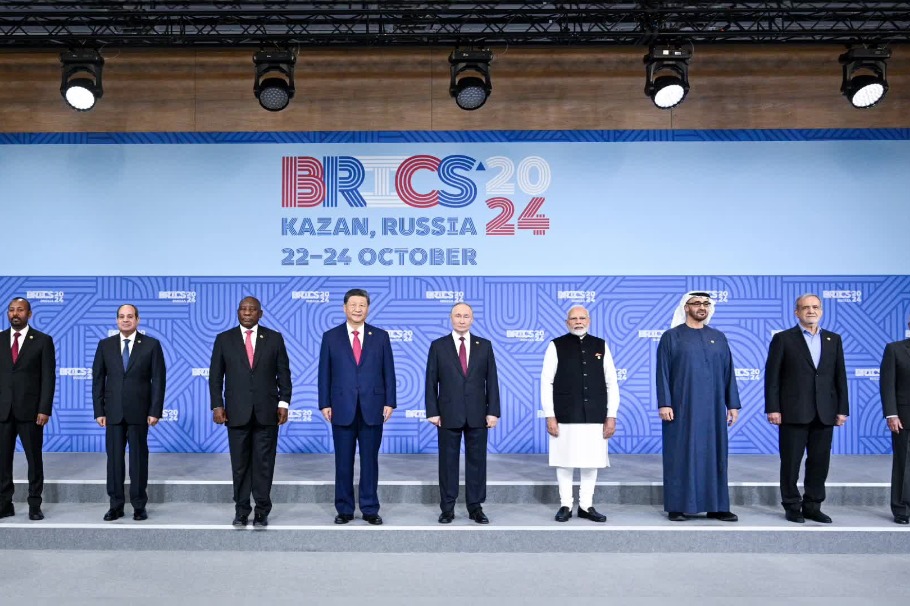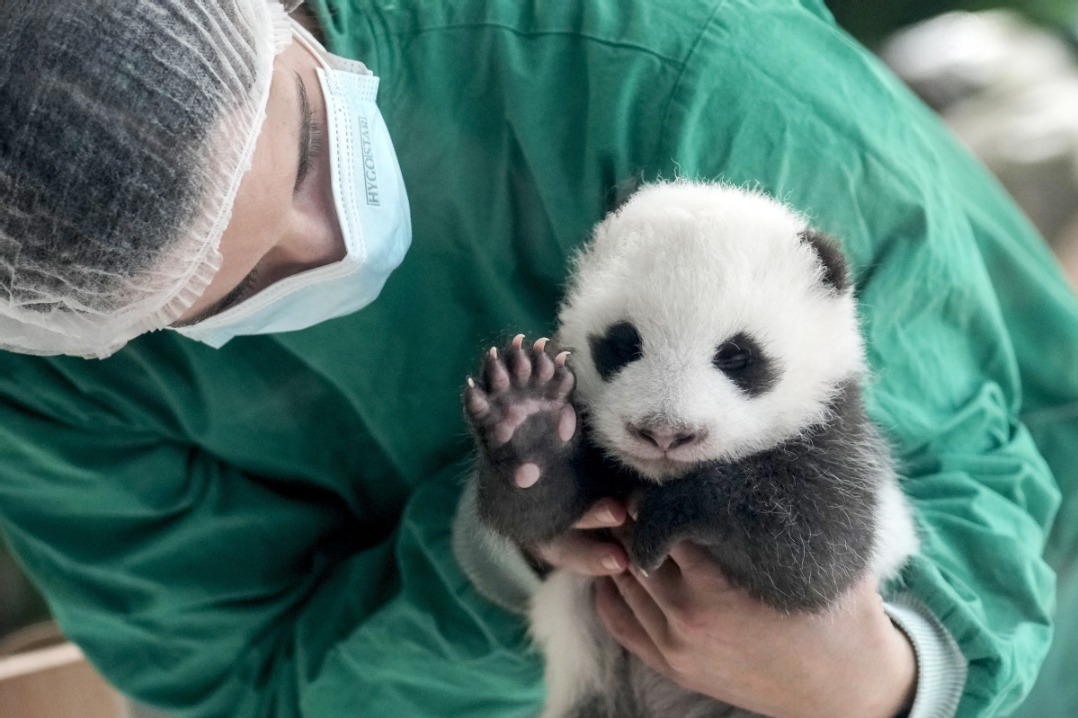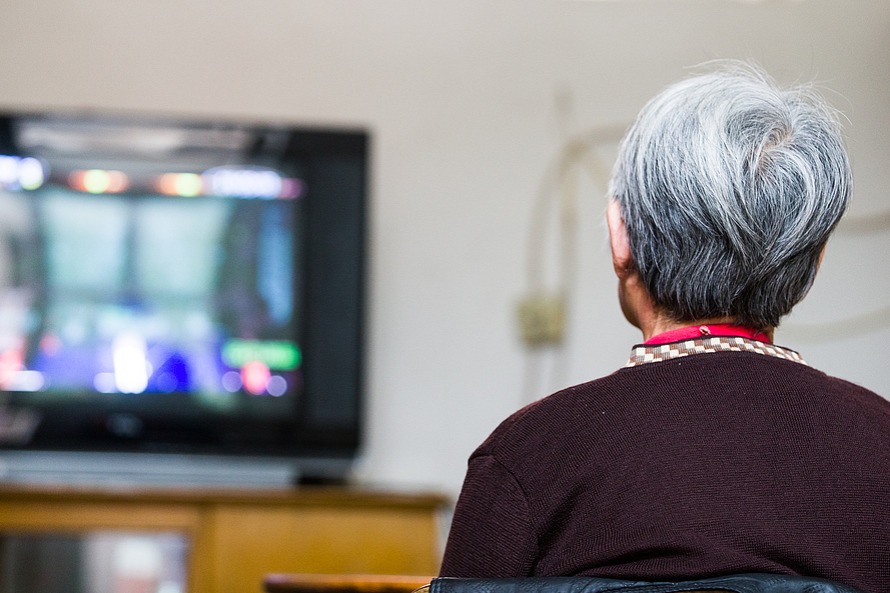US claims to be fighting virus, unfortunately not the right one: China Daily editorial


The joint statement issued on Wednesday by the US Department of Homeland Security and the Federal Bureau of Investigation saying that they are investigating digital break-ins by "China-linked" hackers in US organizations conducting COVID-19 vaccine research, and warning relevant stakeholders to guard against China's cyber theft of data and information is nothing but more US mudslinging targeting China.
Like the US administration's allegations of information theft by the Chinese telecommunications company, Huawei, and that China is coercing US companies to transfer their know-how to their Chinese partners, the hacking accusation has been made without any evidence to support it.
All of these baseless allegations are politically motivated frame-ups — to contain Huawei's rise, to put the US on a moral high ground in its trade talks with China, and now as part of the US administration's overall China-bashing during the pandemic.
Many countries are working on COVID-19 vaccines. And so far, at least 10 are at the critical stage of clinical trials. Of these, four are Chinese, and three are being developed by the US.
Moreover, the two countries are taking different approaches to producing a vaccine. The US is focusing on ribonucleic acid vaccines, while China is developing inactivated vaccines, adenovirus vector vaccines and genetically engineered vaccines. Which means researchers from the two countries are trying to defeat the virus using different means.
As the Ministry of Foreign Affairs spokesperson said, China is among the leading players in the research into not only vaccines for COVID-19 but also therapies, with more than 100 clinical trials launched in China to study the effectiveness of everything from anti-flu drugs and antibody-containing plasma from recovered patients to traditional Chinese herbal medicine.
As a result, China's public health departments and relevant institutes have come under digital attack during the pandemic from hackers outside the country, according to major Chinese network security companies. Yet China has not taken that as an excuse to point fingers at specific countries or governments, not only because it is always difficult to prove the source of cyberattacks but also because now is not the time to hype up the issue as doing so will undoubtedly undermine the international solidarity in the fight against the novel coronavirus and the international collaboration underway to produce a vaccine.
The memo that the National Republican Senatorial Committee sent to electoral organizations shows that it is the party line to attack China, in order to divert attention from the administration's delayed and fatally flawed response to the coronavirus crisis. The hacking claims are another part of this show-and-tell and aimed at portraying China as being a ruthless rival that has not only unleashed this agent of death but is also cynically seeking to profit from it.
The allegations do not stand up to scrutiny or the facts, and merely bring the US' own actions into sharp focus.


































